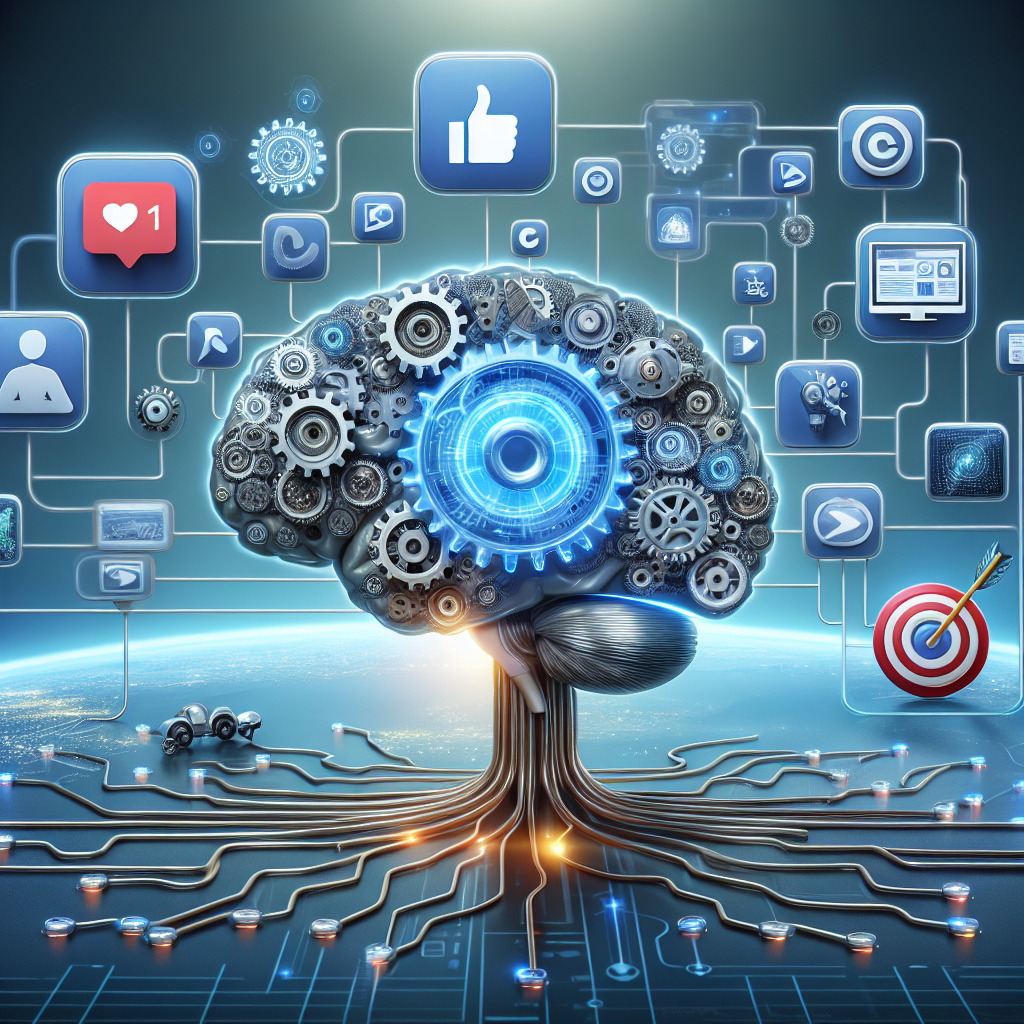In today’s digital landscape, personalized marketing isn’t just a trend – it’s a necessity. The advent of Artificial Intelligence (AI) has revolutionized how businesses approach customer personalization, making it more precise, scalable, and effective. This article delves into the profound influence of AI on personalized marketing strategies, highlighting its benefits, techniques, and future potential.
Understanding Personalized Marketing
Personalized marketing involves tailoring marketing messages and content to individual preferences and behaviors. This strategy enhances customer engagement, drives conversions, and builds loyalty. With AI technology, personalized marketing has reached new heights, offering unparalleled opportunities for businesses to connect with their audience.
The Role of AI in Personalized Marketing
1. Data Analysis and Insights
AI excels in processing vast amounts of data at lightning speed. By analyzing customer data, AI algorithms can identify patterns and trends that might be impossible for humans to detect. These insights enable marketers to understand customer preferences, purchase behaviors, and potential needs, allowing for highly targeted marketing campaigns.
2. Predictive Analytics
Predictive analytics is a game-changer in personalized marketing. AI tools can forecast future customer behaviors based on historical data, enabling marketers to anticipate needs and deliver timely, relevant content. This proactive approach not only improves customer satisfaction but also increases the likelihood of conversions.
3. Customer Segmentation
Traditional segmentation methods often fall short in accurately grouping customers. AI-driven segmentation, however, goes beyond demographic data, incorporating behavioral attributes and real-time interactions. This refined segmentation allows for more precise targeting and personalized messaging.
AI Techniques in Personalized Marketing
1. Natural Language Processing (NLP)
NLP enables AI to understand and generate human language. This technology powers chatbots and virtual assistants, providing personalized customer support and recommendations. NLP can analyze customer reviews and feedback, offering insights for improving products and services.
2. Machine Learning
Machine learning algorithms learn from data and improve over time. In personalized marketing, machine learning can optimize content recommendations, email marketing, and ad targeting. By continuously learning from customer interactions, machine learning ensures messaging stays relevant and effective.
3. Dynamic Content Generation
AI-driven content generation can create personalized messages in real-time. From personalized email subject lines to dynamic web content, AI ensures each customer receives a unique experience. This level of personalization can significantly enhance engagement and conversion rates.
4. Sentiment Analysis
Sentiment analysis uses AI to gauge customer emotions from text data. By analyzing social media posts, reviews, and feedback, businesses can understand customer sentiment and adapt their strategies accordingly. Positive sentiment can be leveraged to strengthen loyalty, while negative sentiment can guide improvements.
The Benefits of AI-Powered Personalized Marketing
The integration of AI in personalized marketing offers numerous benefits:
- Enhanced Customer Experience: AI ensures customers receive relevant content and offers, improving satisfaction and loyalty.
- Increased Efficiency: AI automates data analysis and campaign optimization, saving time and resources.
- Higher Conversion Rates: Personalized content resonates more with customers, leading to higher engagement and conversion.
- Scalability: AI allows for personalization at scale, reaching a broad audience with tailored messages.
Challenges and Considerations
While AI-powered personalized marketing is powerful, it’s not without challenges. Data privacy concerns are paramount. Businesses must ensure they are compliant with regulations such as GDPR and CCPA. Additionally, AI algorithms must be regularly monitored and updated to avoid biases and inaccuracies.
The Future of AI in Personalized Marketing
The future of AI-driven personalized marketing is bright. As AI technology advances, we can expect even more sophisticated personalization techniques. Future trends may include hyper-personalization, where AI delivers highly customized experiences tailored to individual moments.
Conclusion
AI has undeniably transformed personalized marketing, offering new ways to understand and engage customers. By leveraging AI technology, businesses can deliver more relevant, timely, and impactful marketing messages, ultimately driving growth and customer satisfaction. As the technology continues to evolve, the possibilities for personalized marketing are limitless.

